A newly released, independent study highlights that SMAP’s proposal to limit recycled steel exports may have unintended consequences. The study finds that export barriers would disrupt markets rather than strengthen Europe’s steel industry and would hinder global efforts to reduce emissions.
Key findings of the study:
- Recycled steel is a continuously available raw material that should be fully utilized.
- Each metric ton of recycled steel prevents around 1.66 metric tons of CO2 emissions, regardless of where it is used.
- Europe’s net exports reflect low domestic demand, not surplus supply.
- The EU remains dependent on high-quality recycled materials, particularly stainless steel scrap.
- In the future, the quality of recycled steel will be a more critical challenge than its volume.
- Scrap trade is highly sensitive to changes in cost; export barriers could divert trade flows outside Europe.
- Export restrictions would increase the risk of retaliation, limit access to high-quality imports, and potentially raise global CO2 emissions by reducing scrap utilization.
The study emphasizes that EU policy should focus on addressing structural issues rather than restricting exports. It recommends accelerating sorting and pre-sorting processes, standardizing quality and certification, and supporting investments to enhance the quality of recycled steel.
EuRIC Secretary General Julia Ettinger stated: “Export restrictions on recycled steel are the wrong tool. Instead of turning to protectionism, the EU should focus on reducing energy costs and investing in high-quality recycling.”
BDSV Managing Director and Lawyer Guido Lipinski emphasized: “Europe’s recycling industry is globally competitive. Export restrictions would harm this competitiveness, and redirecting trade flows outside Europe would not positively affect supply for European consumers.”
Prof. Dr. Frank Pothen will present the key findings of the study at the European Recycling Conference 2025, to be held in Hamburg on October 1, 2025.


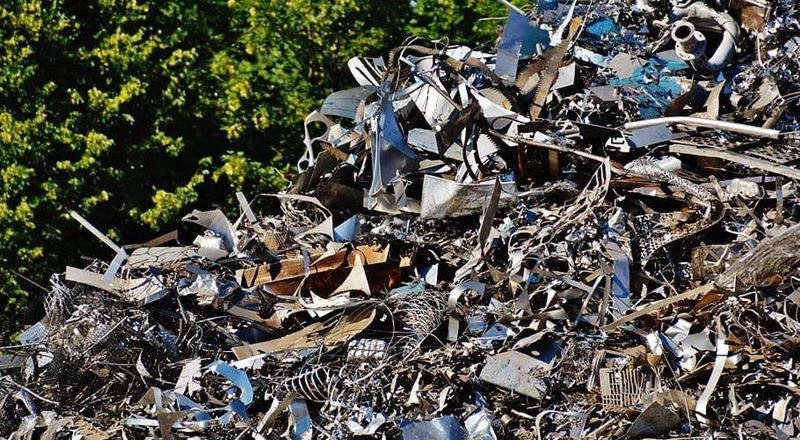

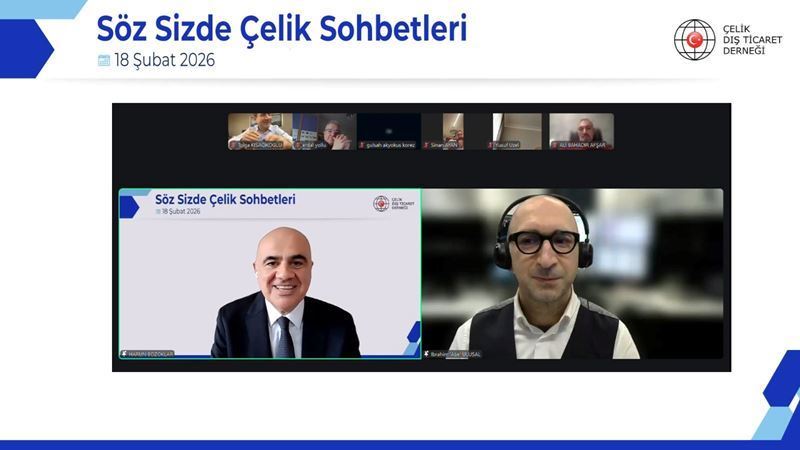
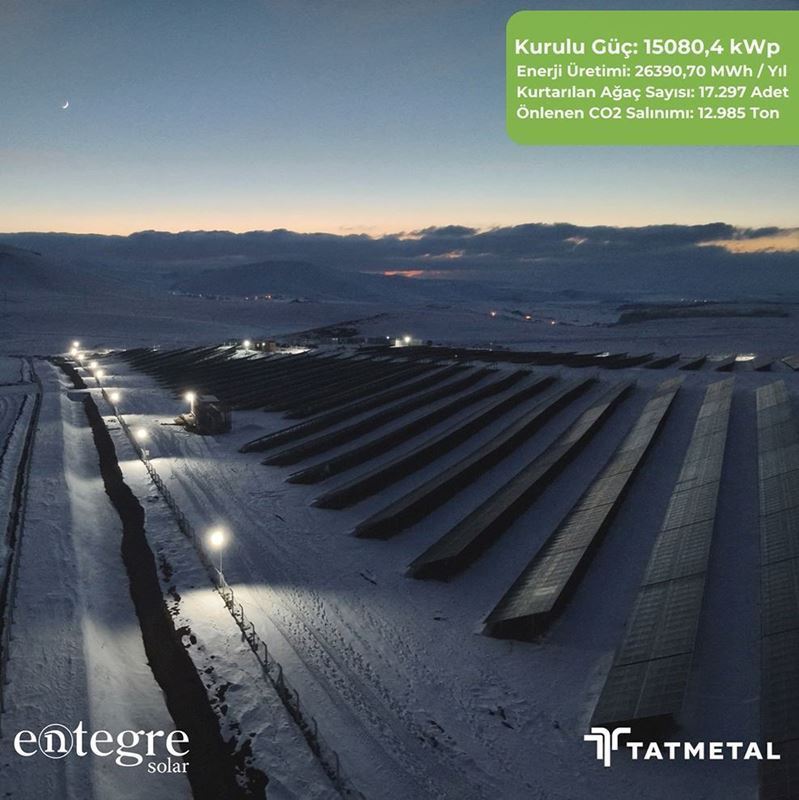
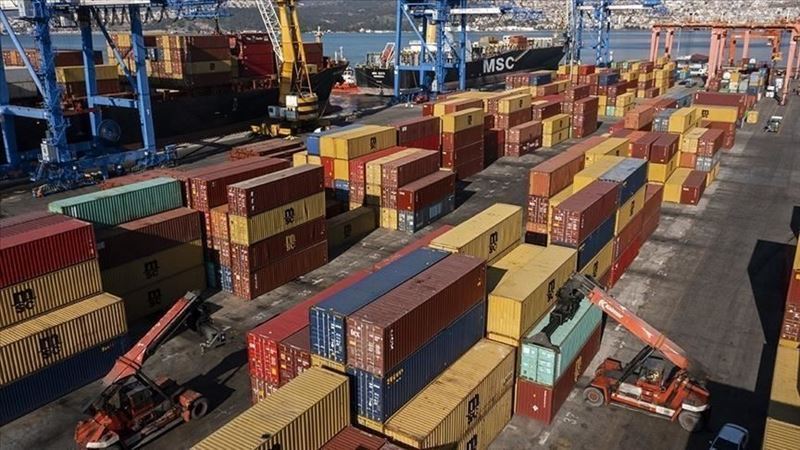
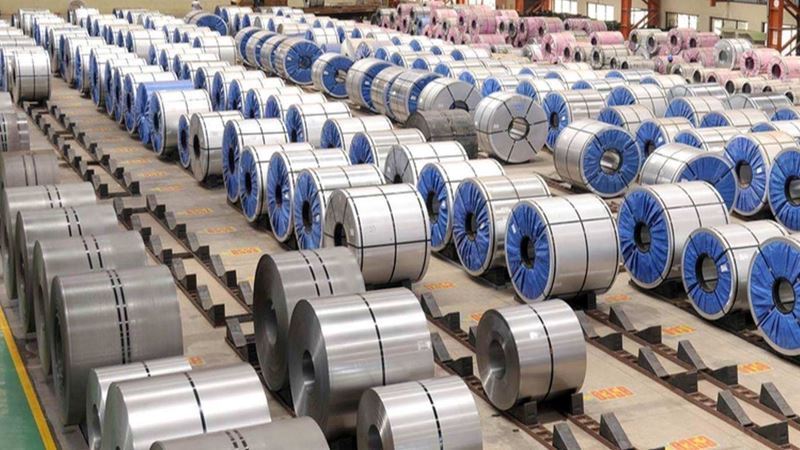
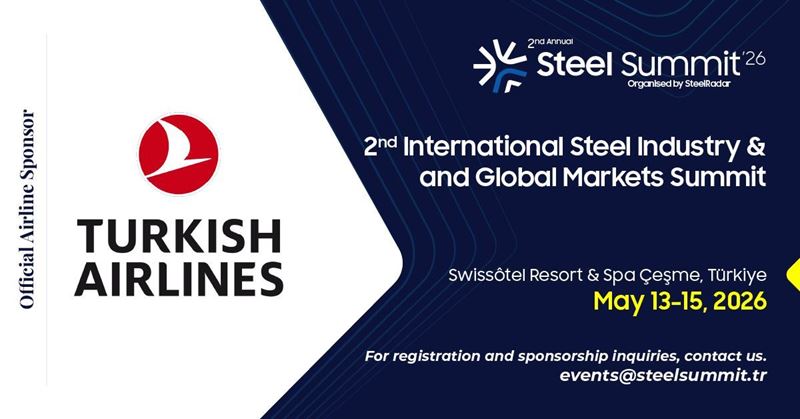


Comments
No comment yet.